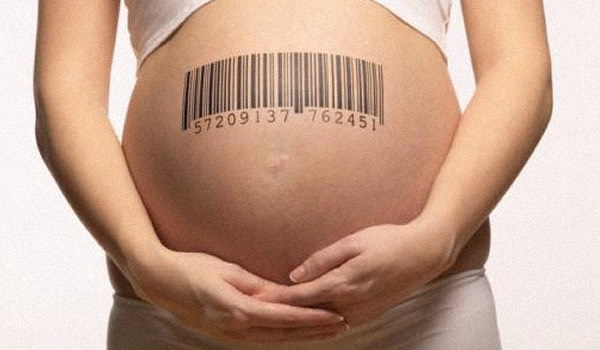More than 100,000 people are on the organ waiting list hoping and praying for a transplant before their time runs out.
The excruciating waits have led to unethical proposals to gain more organs, such as allowing the cognitively devastated to be killed for their organs, and unwise approaches like “presumed consent.”
Now, at long last, the Journal of the American Medical Association has published a proposal that would allow more organs to be obtained successfully, and without throwing away crucial ethical protections or breaking solemnly made promises.
The idea is to take actions to preserve the viability of organs of those who die unexpectedly in a sudden event–particularly if the dead person had already agreed to be an organ donor on their driver’s license. From, “A Potential Solution to the Shortage of Solid Organs for Transplant:
One path would be for those who have indicated prior willingness to donate (eg, joined a donor registry), which more likely would lead authorized persons to permit preservation to effectuate the decedent’s wishes.
The other path would be for those for whom evidence is absent. In the former, authorized persons can be asked to “affirm” the decedent’s intention to donate. In cases in which there is no evidence, family members or authorized persons should be asked to “permit” not donation but preservation. It might be too difficult for some family members to provide full authorization for donation in the context of a sudden unexpected death when the decedent’s desires regarding donation are unknown.
This works for me. I might even go farther by permitting organ preservation for registered donors before family consent.
CLICK LIKE IF YOU’RE PRO-LIFE!
Be that as it may, I think this is a good proposal that does not sacrifice ethics or system trust on the altar of increasing the organ supply. Organs would still only be taken from the truly dead, and there is little likelihood that family members could think their loved one was treated as an organ farm instead of a living patient.
I say, give it a try.
LifeNews.com Note: Wesley J. Smith, J.D., is a special consultant to the Center for Bioethics and Culture and a bioethics attorney who blogs at Human Exeptionalism.








